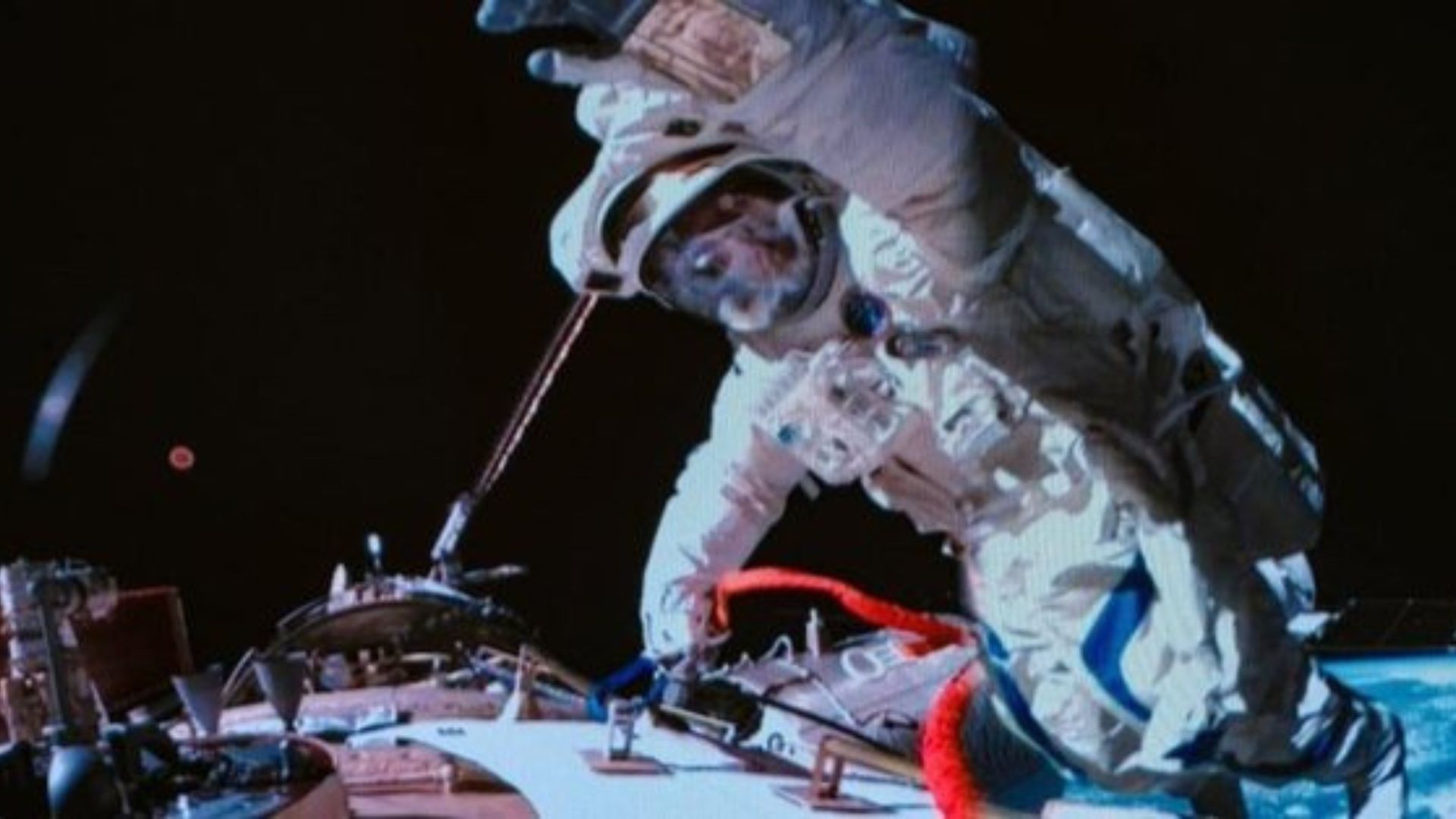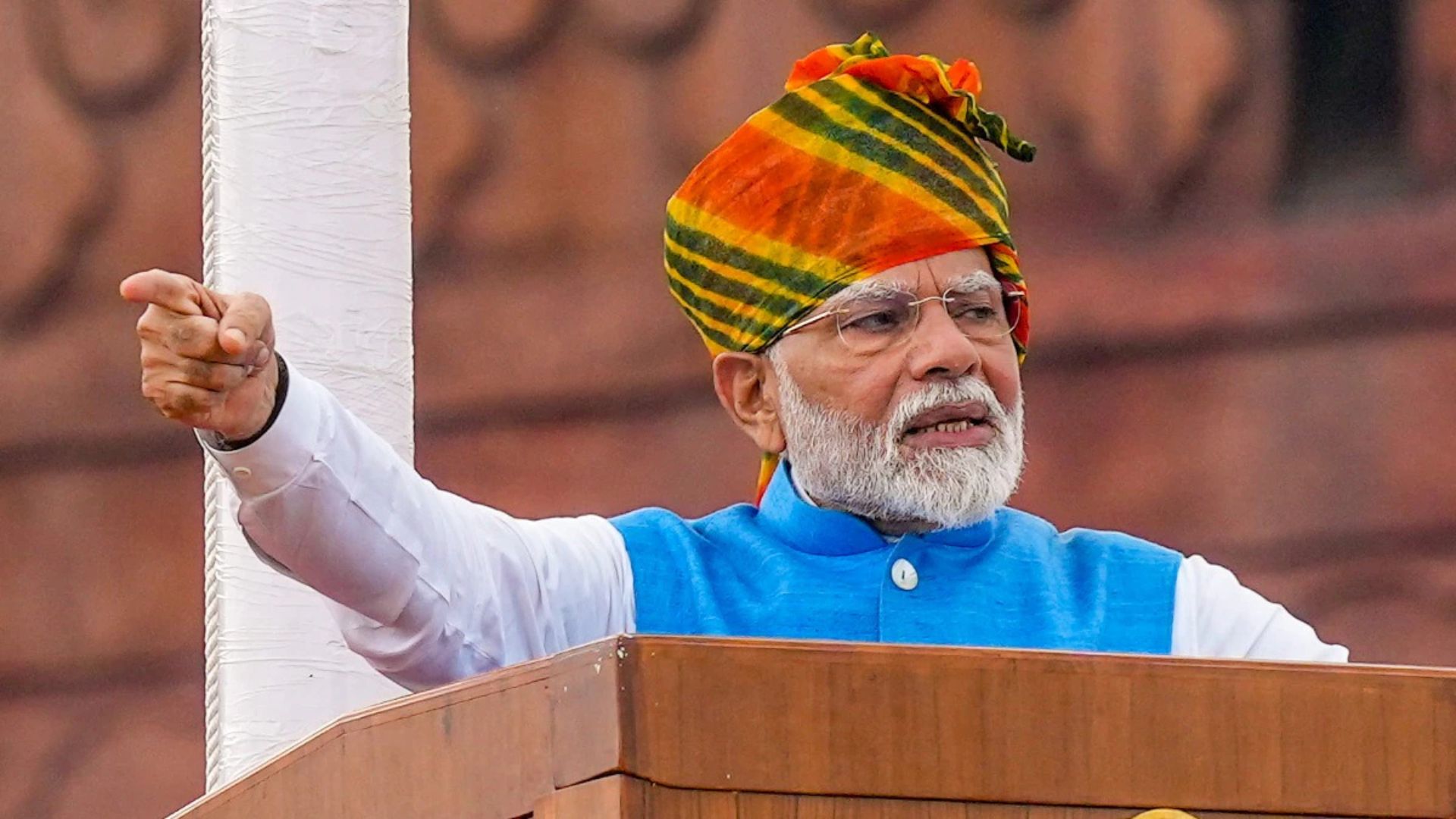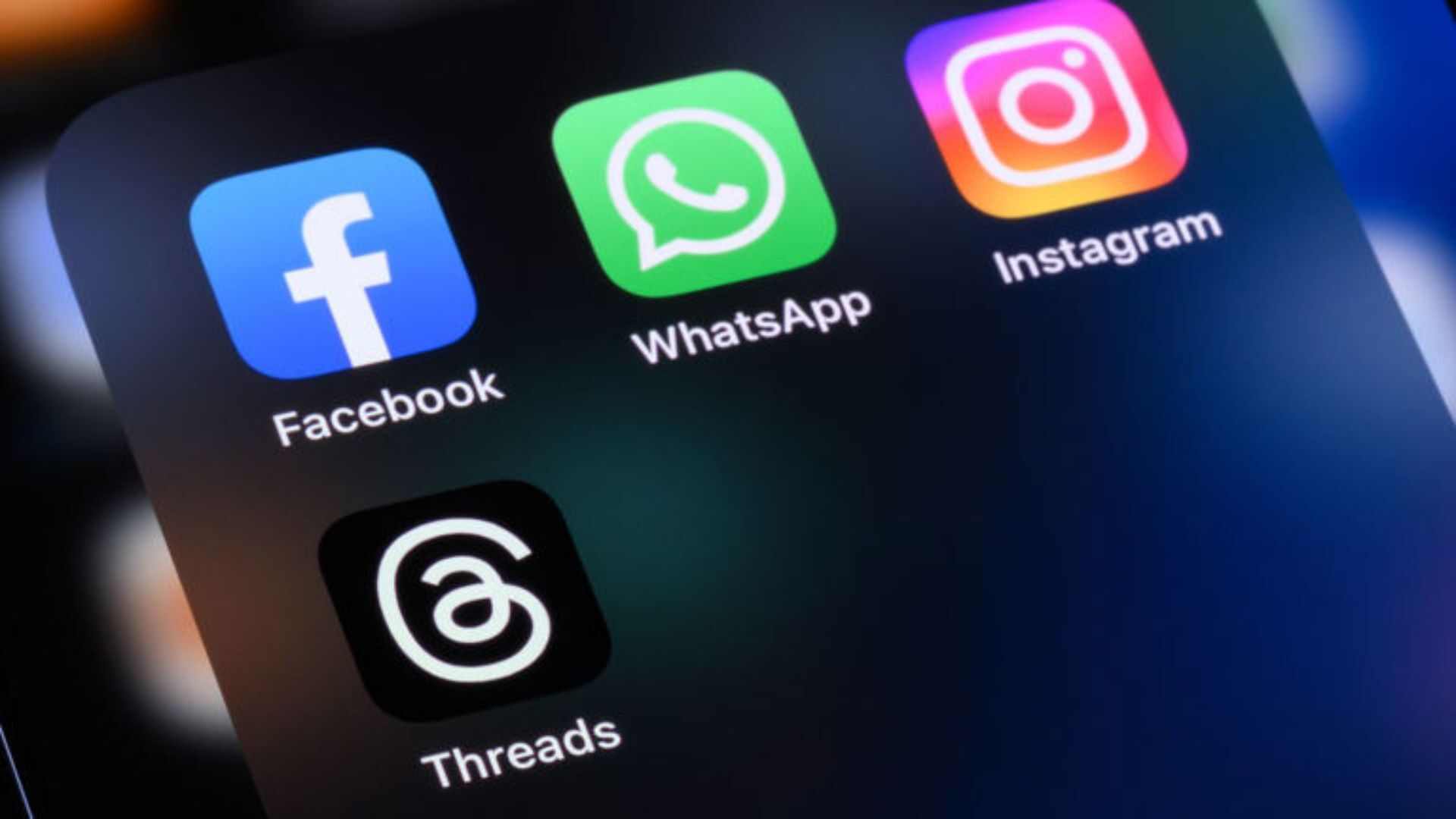
Travelers at Delhi’s Indira Gandhi International (IGI) Airport complained of high charges for basic medical services, including routine checks such as blood pressure readings and paracetamol for fever. The complaints were directed to DIAL, the operator of the airport, and the local authorities responsible for health services. Many asked for the reason that such a basic health care service, once free of charge at government-run dispensaries, was now to be sold when the airport was privatised.
Before the privatisation of Delhi Airport, medical dispensaries were in operation at Terminals 1 and 2. However, after the privatisation process, these services were gradually removed, and DIAL partnered with Medanta Hospital to operate the medical centers across the terminals. Medanta’s facilities are prepared for emergencies and offer complete healthcare facilities, but passengers have raised issues over the introduction of fees. Some reported paying as much as Rs 800 for basic services such as checking blood pressure or taking paracetamol.
IGI एयरपोर्ट T-3First Aid के बोर्ड लगाकर एडवर्टाइज किया गया है, 2जगह First Aid by Medanta Hospital बोर्ड लगाया है लेकिन जब Medanta Desk पर जाओ तो Rs 800 फीस देनी होगी दिल्ली/भारत सरकार BP/बुखार नापने PCM देने के लिए कोई 1डाक्टर/Pharmasocit नहीं लगा सकती @DelhiAirport @DGCAIndia pic.twitter.com/KZSGQK6Kn6
— . (@ManchNajafgarh) November 23, 2024
One passenger took to social media to express their annoyance, explaining that they had been charged Rs 800 for just a BP check at Terminal 3, given the large first aid signs displayed across the airport promising free services. Even though DIAL clarified that the Rs 800 fee includes the consultation by a doctor, passengers insist on more affordable and accessible free healthcare facilities at the airport. Many argue that fundamental services, such as blood pressure checks and basic first aid, should not be payable, especially in an environment where immediate medical attention may save a life.
DIAL has responded to the complaints, pointing out the charges and how some medications require prescriptions; the larger question remains unresolved. Passengers are questioning why government-run healthcare services have been removed from the airport, leaving travellers with limited access to basic medical care without incurring fees. As the debate about the privatisation of airport services intensifies, many are calling for the government to re-establish essential healthcare provisions at airports, emphasising that health and safety should not be profit-driven in such critical environments.
As more and more travellers log their dissatisfaction online, the discussion about privatized healthcare within public transportation hubs continues. It fuels debate on the necessary balance between service quality and affordability.















